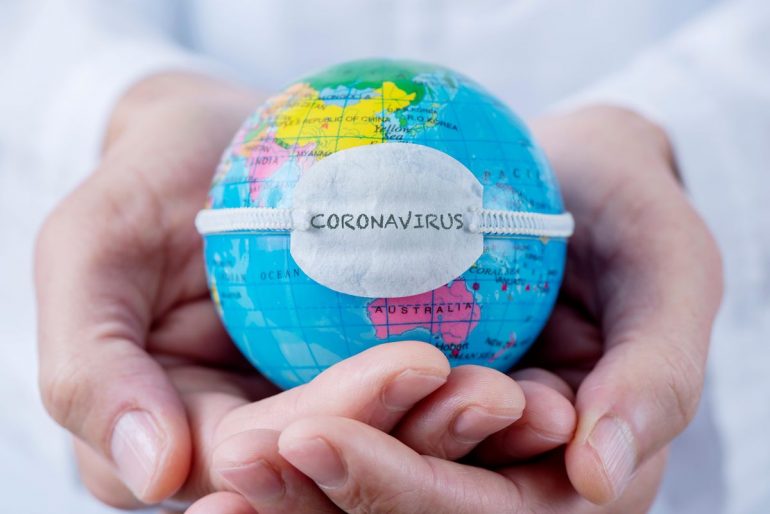The world, as everything shows, will never be the same again after the coronavirus pandemic spreads all over the planet. The first country to "beat" the virus is China, where it most likely began to spread. There, it was deemed necessary to limit human contact to fight the virus and to avoid crowding several people in confined spaces. For this reason, railways, airports, shops and dormitories were closed or evacuated, not only in China but also in several countries.
Wild animals are considered to be a serious cause of virus transmission, infecting pets or domestic animals with infectious diseases, from which humans are usually infected. In countries where people either live with wildlife or come in contact with both themselves or their pets, there is a high risk of developing serious diseases. The German magazine Stern confirmed that several viruses such as AIDS, Ebola, Zika, Sars and Mers may have been transmitted to humans by monkeys, bats and mosquitoes. The target is the trade in wild or exotic animals, either for purchase or for consumption, as this is an open hole from which various serious or fatal diseases can easily arise and enter.
Another serious cause of virus spread is undoubtedly climate change and a gradual increase in temperature by 2 degrees. Man will now have to come to terms with phenomena such as the great periods of drought, heat, floods and other extreme weather events. New climate change is helping to create the right conditions for mosquitoes, reptiles and rodents to survive, which are sources of infection for humans, animals and plantations. Direct contact with infected organisms also contributes to the transmission from animals to humans on the one hand and from humans to viruses on the other, which, if not limited to the first stage of their spread, can lead to human losses.
The higher the temperature and humidity, the higher the number of mosquitoes. As local authorities, we must keep our municipalities and communities clean and free of outbreaks of pollution, such as waste, wild vegetation, stagnant water and other sources of infection. Citizens themselves should also take care of the cleanliness and tidiness of both their homes and their plots of land to avoid creating hotbeds of contamination and nuisance.
Both climate change and infected and / or deadly viruses will force us to be more careful and sensitive to environmental protection and change in our daily lives. When migratory birds themselves change their migration route or return faster to the north due to mild winters and fairly hot summers, then humans themselves will not be left untouched. We must finally understand that the gradual rise in temperature will cause the death of several million people if we do not stop polluting the environment.
Fortunately, hearing the birds chirping in the fields and forests gives us hope that there is still normal life. But the alarming reduction of swallows year after year should make us noise, since several nests remain empty. If we continue to destroy the environment at this rapid pace and with the irresponsibility that governs us, not a single cuckoo will bring us spring and swallows may no longer announce their return in the spring, but the beginning of the hot summer with all its consequences for man.
Andros Karagiannis, Mayor of Deryneia
